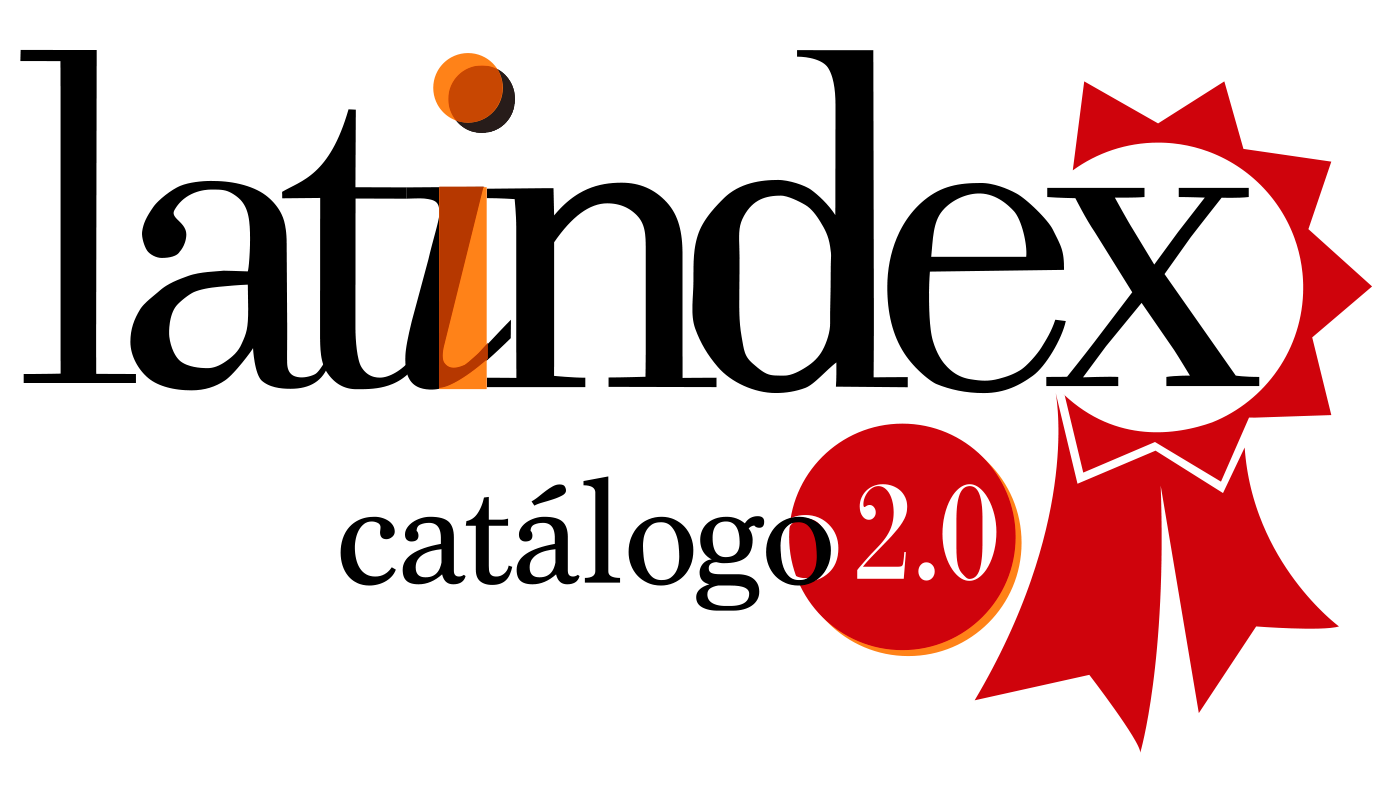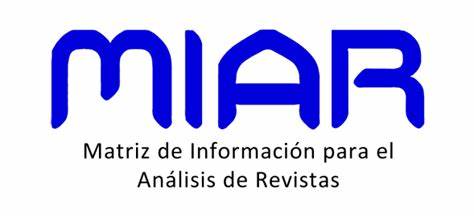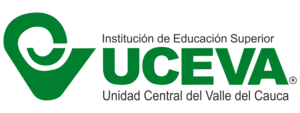Narratives, uncertainty and subjectivity in the context of regenerative medicine
DOI:
https://doi.org/10.54502/msuceva.v3n2a4Palabras clave:
Bioeconomy, donors, public health, regenerative medicineResumen
The emergence of bio-economies and debates about what biomaterials can be used in stem cell research are shaping subjectivities and identities in biomedicine today. Narratives of neoliberal nation-states often emphasise the idea that responsibility for health problems lies directly with the citizenry, while social safety nets are increasingly reduced. This creates a sense of security for citizens by endorsing certain therapeutic promises that semiotically disconnect the material conditions of uncertainty in which these cell therapy technologies are developed. In this respect, the study of the discursive practices associated with these technologies introduces a new performative understanding of the concept of health in regenerative medicine
Descargas
Métricas
Citas
Haddad C. Embodied values: post-pharmaceutical health and the accumulation of surplus vitality in regenerative stem cell medicine. Sociologias 2019; 21:48–79. https://doi.org/10.1590/15174522-02105002 DOI: https://doi.org/10.1590/15174522-02105002
Organisation for Economic Co-operation and Development -OECD. Scoping document. The bioeconomy to 2030: Designing a policy agenda. Paris,France: 2006. https://web-archive.oecd.org/2012-06-15/144237-36972476.pdf.
Commission of the European Communities. Life Sciences and Biotechnology – a strategy for Europe: Communication from the Commission to the European Parliament, the Council, the Economic and Social Committee and the Committee of the Regions. Brussels, Belgium: 2002. https://www.europarl.europa.eu/RegData/docs_autres_institutions/commission_europeenne/com/2002/0027/COM_COM(2002)0027_EN.pdf.
Organisation for Economic Co-operation and Development - OECD. The Bioeconomy to 2030: Designing a policy agenda. Paris, France: 2009. https://www.oecd-ilibrary.org/economics/the-bioeconomy-to-2030_9789264056886-en
Cooper M. Life as Surplus: Biotechnology and capitalism in the neoliberal era. 1st ed. Washington, USA: University of Washington Press; 2008.
Gottweis H, Salter B, Waldby C. The Global Politics of Human Embryonic Stem Cell Science. London: Palgrave Macmillan UK; 2009. https://doi.org/10.1057/9780230594364 DOI: https://doi.org/10.1057/9780230594364
Rosemann A, Bortz G, Vasen F, Sleeboom-Faulkner M. Global regulatory developments for clinical stem cell research: diversification and challenges to collaborations. Regenerative Med 2016; 11:647–57. https://doi.org/10.2217/rme-2016-0072 DOI: https://doi.org/10.2217/rme-2016-0072
Bharadwaj A. Stem Cell Intersections: Perspectives and Experiences. Global Perspectives on Stem Cell Technologies, Cham: Springer International Publishing; 2018, p. 1–24. https://doi.org/10.1007/978-3-319-63787-7_1 DOI: https://doi.org/10.1007/978-3-319-63787-7_1
Waldby C, Mitchell R. Tissue Economies. Duke University Press; 2006. https://doi.org/10.1215/9780822388043 DOI: https://doi.org/10.2307/j.ctv11smkvp
Abbott A. Stem-cell ruling riles researchers. Nature 2013;495:418–9. https://doi.org/10.1038/495418a DOI: https://doi.org/10.1038/495418a
Franklin S. The IVF-stem cell interface. International Journal of Surgery 2006;4:86–90. https://doi.org/10.1016/j.ijsu.2006.02.008 DOI: https://doi.org/10.1016/j.ijsu.2006.02.008
Cohen CB, Cohen PJ. International Stem Cell Tourism and the Need for Effective Regulation: Part I: Stem Cell Tourism in Russia and India: Clinical Research, Innovative Treatment, or Unproven Hype? Kennedy Inst Ethics J 2010; 20:27–49. https://doi.org/10.1353/ken.0.0305 DOI: https://doi.org/10.1353/ken.0.0305
Murray S. Somatechnics. Routledge; 2016. https://doi.org/10.4324/9781315609867 DOI: https://doi.org/10.4324/9781315609867
Landecker H. Catherine Waldby and Robert Mitchell. Tissue Economies: Blood, Organs and Cell Lines in Late Capitalism. Durham, North Carolina, Duke University Press, 2006. viii, 231 pp. $74.95 (cloth), $21.95 (paper). J Hist Med Allied Sci 2007;62:270–2. https://doi.org/10.1093/jhmas/jrl059 DOI: https://doi.org/10.1093/jhmas/jrl059
Broxmeyer HE, Parker GC. Impact of COVID-19 and Future Emerging Viruses on Hematopoietic Cell Transplantation and Other Cellular Therapies. Stem Cells Dev 2020; 29:625–6. https://doi.org/10.1089/scd.2020.0064 DOI: https://doi.org/10.1089/scd.2020.0064
Cuende N, Álvarez-Márquez AJ, Díaz-Aunión C, Castro P, Huet J, Pérez-Villares JM. Promoting the ethical use of safe and effective cell-based products: the Andalusian plan on regenerative medicine. Cytotherapy 2020; 22:712–7. https://doi.org/10.1016/j.jcyt.2020.07.007 DOI: https://doi.org/10.1016/j.jcyt.2020.07.007
Farias Vera L. The (mis)shaping of health. Problematizing neoliberal discourses of individualism and responsibility. In: Hosseini H, Goodman J, editors. The Routledge Handbook of Transformative Global Studies. 1st ed., New York, USA: Routledge; 2020, p. 268–81 DOI: https://doi.org/10.4324/9780429470325-16

Descargas
Publicado
Cómo citar
Número
Sección
Licencia
Derechos de autor 2023 Miranda Suárez

Esta obra está bajo una licencia internacional Creative Commons Atribución-NoComercial-SinDerivadas 4.0.
Magna Scientia UCEVA proporciona un acceso abierto, libre y gratuito a su contenido, basado en el principio de que ofrecer al público un acceso libre a las investigaciones, ayuda a un mayor intercambio global del conocimiento. Lo cual, implica que los usuarios pueden leer, descargar, almacenar, imprimir, buscar, indexar y realizar enlaces a los textos completos de esta revista. Se permite distribuir los diversos artículos en las versiones post-print y oficial, sin previo permiso del autor o editor, considerando que el fin de este, no implica fines comerciales, ni la generación de obras derivadas; Solo se solicita la mención de la fuente así como la autoría. El titular del copyright será el o los autores que publiquen en Magna Scientia UCEVA.
Magna Scientia UCEVA está distribuida bajo los términos de la licencia https://creativecommons.org/licenses/by-nc-nd/4.0/deed.es




















